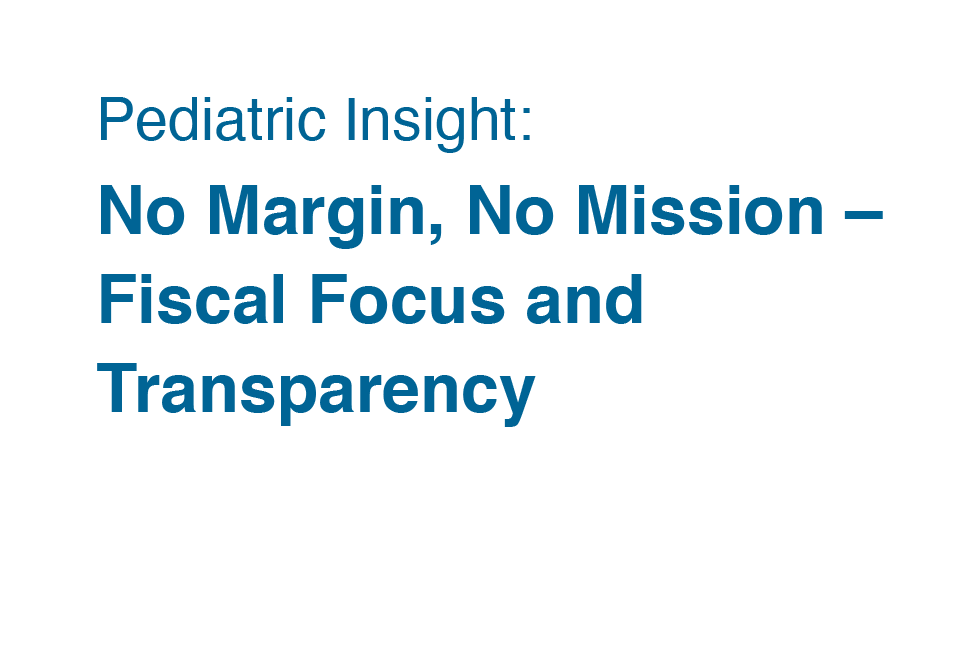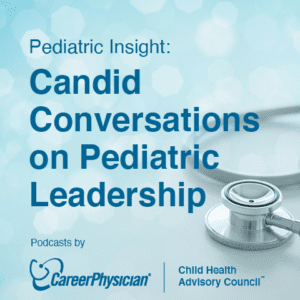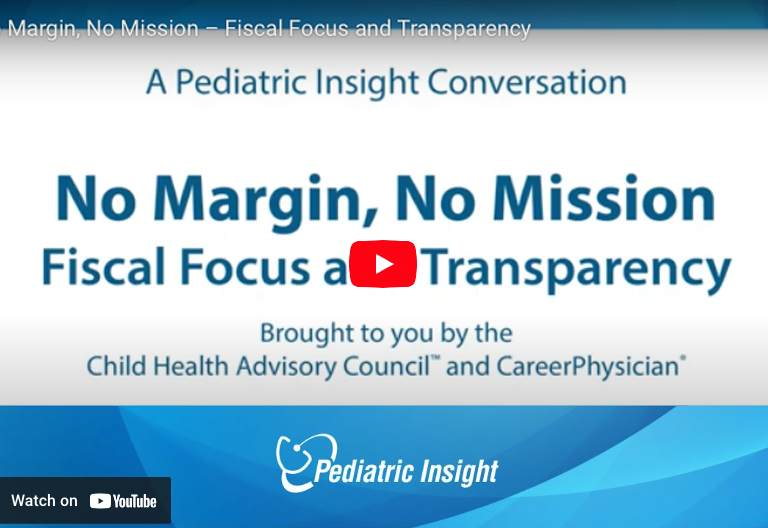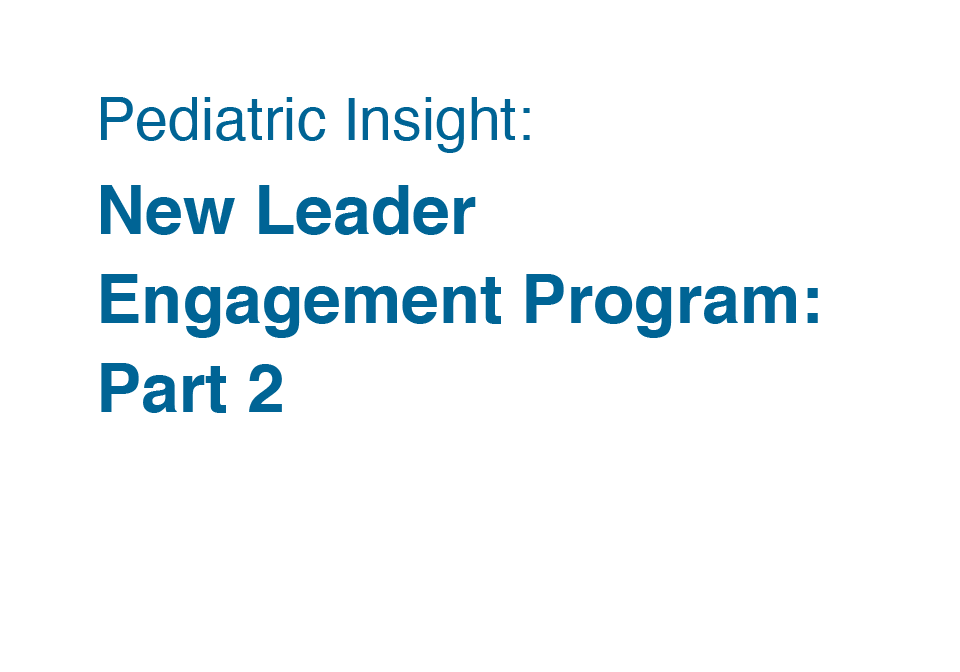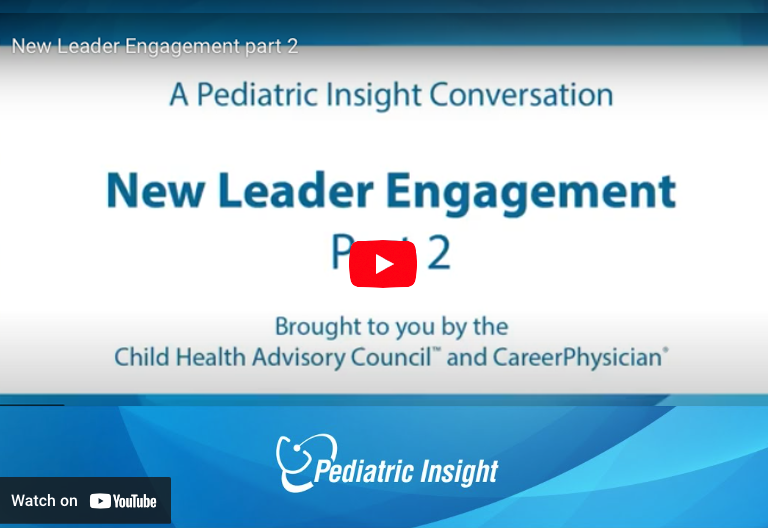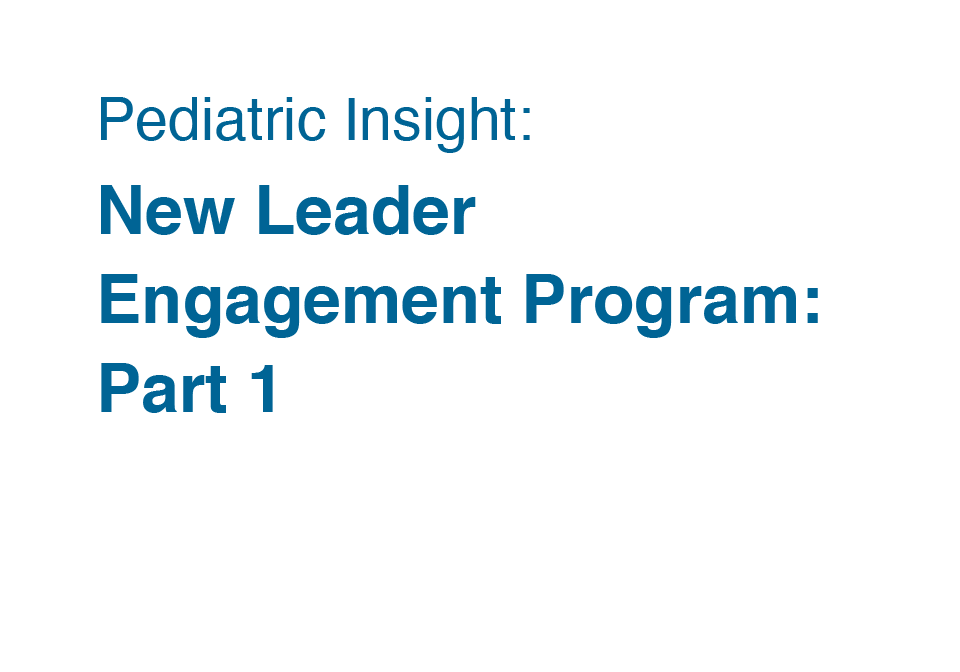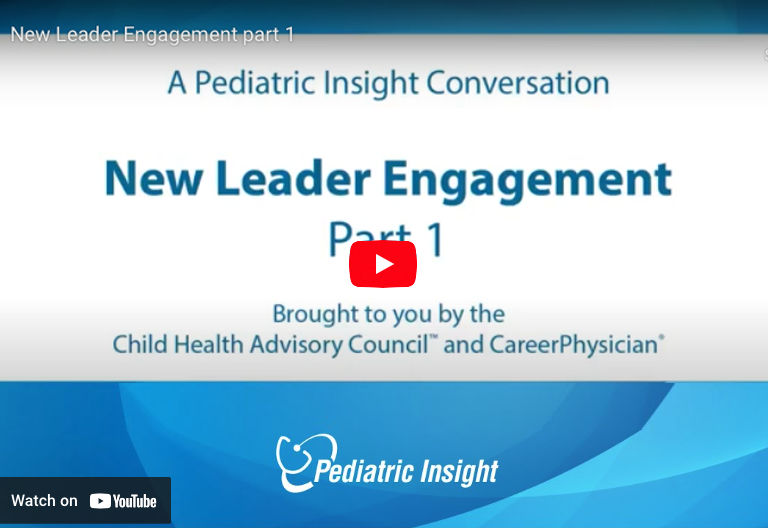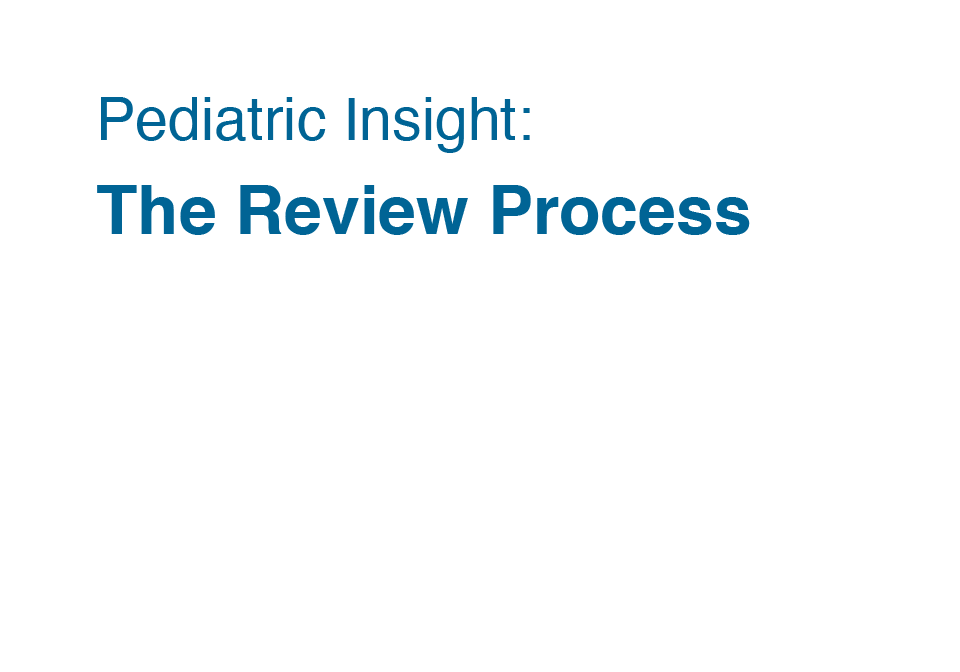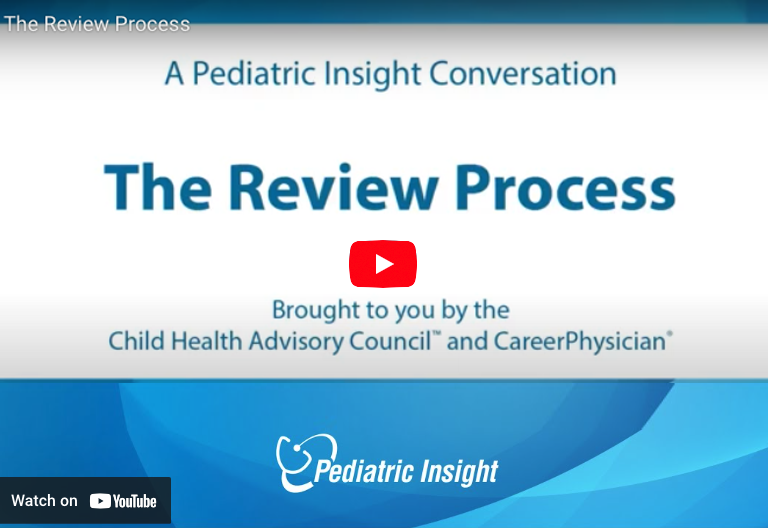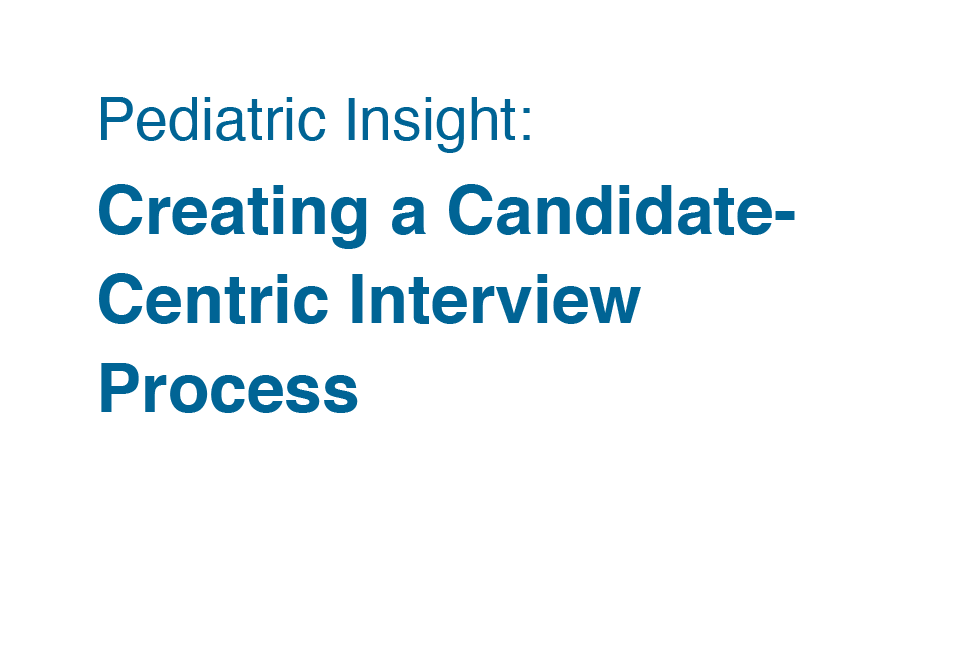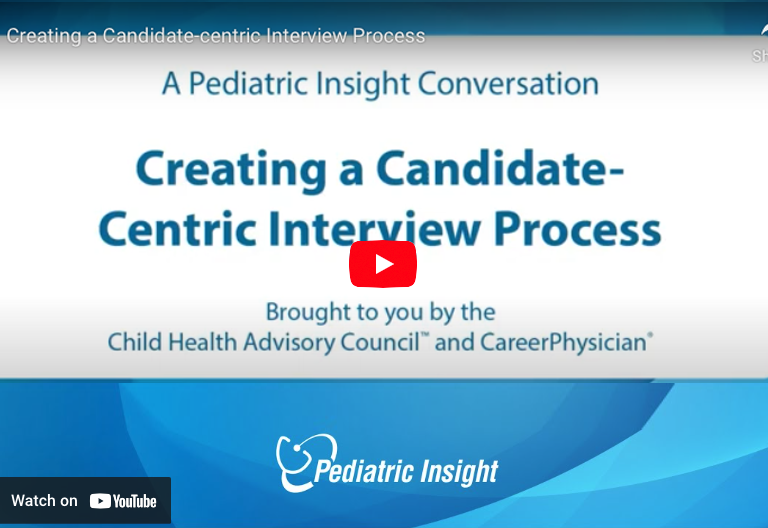Strategies for Building Clinical Research
Pediatric Insight: Passing Leadership Wisdom To The Next Generation
Topic: Strategies for Building Clinical Research
Our goal as pediatricians is to improve patient care and outcomes. Our panel discusses how and why clinical research is critical to that goal. We also emphasize how clinical research improves interactions among faculty; extends collaboration to other departments; schools, and the lay community, and provides opportunities for faculty development. It is essential to the academic mission of departments of all sizes and scopes.
“It is critically important to have that back and forth, bi-directional exchange with practice and research, and research and practice.” – Danielle Laraque-Arena, MD
Listen to the Podcast:
| Subscribe: Apple Podcasts | Spotify
Read the recap notes.
Our moderator:
 Arnold (Arnie) Strauss, MD
Arnold (Arnie) Strauss, MD
Dr. Strauss is a pediatric cardiologist, Emeritus Professor and Chair of Pediatrics at the University of Cincinnati College of Medicine and Cincinnati Children’s Hospital Medical Center. Dr. Strauss served as the Chair of Pediatrics at the University of Cincinnati, Director of the Cincinnati Children’s Research Foundation (CCRF), and Chief Medical Officer of Cincinnati Children’s Hospital Medical Center (CCHMC).
Our panel:
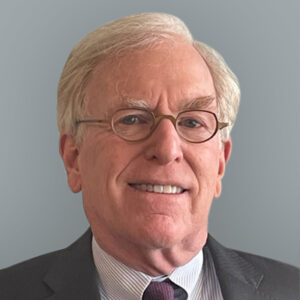 Bruder Stapleton, MD
Bruder Stapleton, MD
Dr. Stapleton is a pediatric nephrologist, Professor Emeritus and Chair Emeritus at the University of Washington School of Medicine. He served as Chair of the Department of Pediatrics, as well as Chief Academic Officer and Associate Dean.
 Christine Gleason, MD
Christine Gleason, MD
Dr. Gleason is a neonatologist and Professor Emerita of Pediatrics at the University of Washington School of Medicine. She served as Division Director of Neonatology at Johns Hopkins and as Division Chief of Neonatology at the University of Washington/Seattle Children’s Hospital.
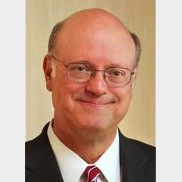 Craig Hillemeier, MD
Craig Hillemeier, MD
Dr. Hillemeier is a pediatric gastroenterologist and Professor Emeritus of Pediatrics at Penn State University. He served most recently as the CEO of Penn State Health.
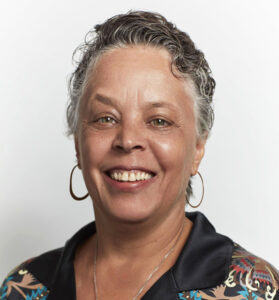 Danielle Laraque-Arena, MD, FAAP
Danielle Laraque-Arena, MD, FAAP
Dr. Laraque-Arena (AKA Danielle Laraque) is President and Professor Emerita of SUNY Upstate Medical University (UMU) and served as the 7th President of UMU, the first woman and first African American to have done so in that institution’s 182 years. In that role she served as Chief Executive Officer of the health system and was tenured Professor of Pediatrics, Public Health & Preventive Medicine and Psychiatry & Behavioral Health Sciences.
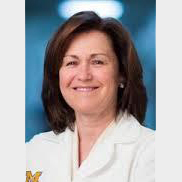 Valerie Opipari, MD
Valerie Opipari, MD
Dr. Opipari is a pediatric hematologist/oncologist and Professor of Pediatrics at the University of Michigan School of Medicine and C.S. Mott Children’s Hospital. Dr. Opipari has held a number of administrative roles at the University of Michigan including Associate Provost for Faculty Affairs, Associate Chair for Research in the Department of Pediatrics and Chair of the University of Michigan Biomedical Research Council.
 Robert S. Sawin, MD
Robert S. Sawin, MD
Dr. Sawin is a pediatric surgeon, Emeritus Professor and Surgeon in Chief at Seattle Children’s Hospital and the University of Washington. Dr. Sawin served as the Vice-Chairman of the Department of Surgery, University of Washington School of Medicine, Senior Vice President and Chief Surgical Officer of the Seattle Children’s Hospital.
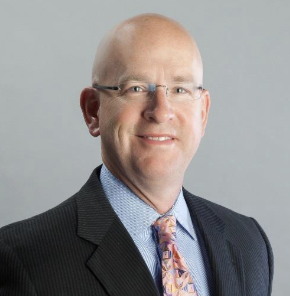 Wesley D. Millican, MBA
Wesley D. Millican, MBA
Wesley D. Millican, MBA, is CEO and Physician Talent Officer of CareerPhysician, LLC, providers of comprehensive talent solutions for academic children’s hospitals, colleges of medicine and academic medical centers across the nation. Mr. Millican is an acknowledged expert in completing complex faculty and executive leadership initiatives across academic medicine.
At the Child Health Advisory Council, we conduct regular roundtable discussions. What topic would you like to see featured in upcoming discussions? Let us know.

